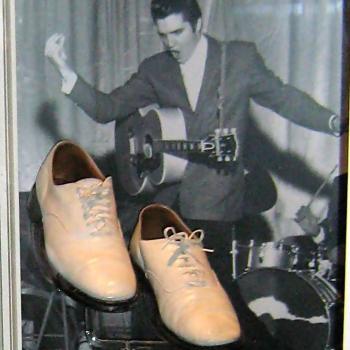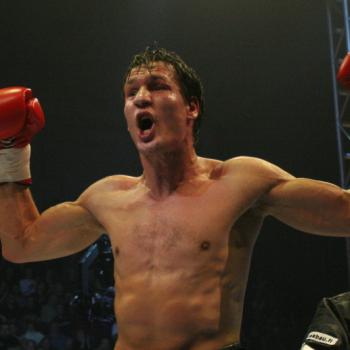Look, I have to level with you people: This is a fairly good and poignant novel about family miscommunications and thwarted love, wrapped around a disingenuous, mediocre, and kind of infuriating novel about heroin addiction.
Good stuff first, I hear that substance abusers lack self-discipline so let’s eat our dessert first. The book is about a once-wealthy New England family riven by divorce; patriarch Edward is insufferably smug, his wife Katharine is losing her memory, their daughter Julia is our POV character who is much put-upon, one of her sons is a junkie and the other one is the other one.
Ugh, sorry, I’m letting my mistrust and anger about the addiction storyline get in the way. Edward turns out to be maybe the best character: an Agatha Christie type, “absent in the spring,” confronted at the close of his life with all he’s left unrepented. The tight-lipped New Englanders find it impossible to express the love they really feel for one another, and I did find their insecurities really moving. Katharine is sweet, the smooth curving rock which has worn away over the years under the pressure of her husband’s career and personality. The part of the book that’s about people not knowing whether they’re loved, and not knowing how to show their love to others, is quite strong.
But then there’s Jack, this heroin son. The problems with his storyline are both aesthetic and moral, to the extent that those categories can be separated. The family eventually hires an interventionist, and he says the following things: “Right now, Jack is not the person you know. …While he’s under that chemical spell, his personality is altered. Everything you know about Jack is no longer valid.” This is of course just one character’s perspective, but the whole structure of the book validates it: The whole book underlines this idea that heroin transforms people into Heroin Addicts, siphons out their individuality, makes them into a type.
One problem with this approach is that when the novel opens Jack is already addicted, so we never get to see who he “really” is. Every single one of his thoughts, throughout the book, is about heroin; almost every single thought is angry and self-justifying. There’s one good scene, a bathroom confrontation with the interventionist, where Robinson captures that awful dread which takes hold of addicts, the hangover or withdrawal thing where every physical object becomes horrifying. But Jack seriously has no thoughts at all which are generous, subtle, self-aware, or about anything other than heroin.
And that’s not just boring. It’s also not actually true, you know? People who get addicted to drugs aren’t clones. About halfway through the novel, Jack’s brother says he can’t explain Jack’s behavior to their parents because “I’m not a drug addict.” But the thing is, even if he were, he wouldn’t be the same person as Jack; he wouldn’t have the same motivations or the same relationship to his drug of choice. But because there’s only one addict in this book, we never see how addiction works with the personality you give it, rather than replacing your personality entirely.
A one-size-fits-all model of addiction leads inevitably to a one-size-fits-all model of treatment. I’m going to write more later about how damaging (and, hey, banal) the one-size approach is, so let me just say a) I don’t expect books to be AfterSchool Specials, but b) your plotting and characterization paints a picture of the world, and that picture can be simplistic and false, so when you set up a super-simplified picture of addiction and then have all the characters tell me that methadone is just replacing one addiction with another, I am going to think the book itself is anti-methadone. If Cost were written differently I’d note that the anti-methadone stance works out really terribly for this family (uh, spoilers?), but in the book as written the awful outcome doesn’t come across as undercutting the anti-methadone stuff at all.
Here’s Jeff Deeney talking about the effects of this kind of stigma on families: one, two, three, four. I am trying to dial my anger down a lot, here, because I get that Robinson read a lot about addiction and talked to a lot of recovering addicts and people whose family members struggled with addiction, and she’s not trying to hurt people. But one-size-fits-all ideology, especially the kind that stigmatizes medication and acts as if other people’s contempt for addicted people is just a natural consequence of the addict’s behavior, has a very high human cost.











